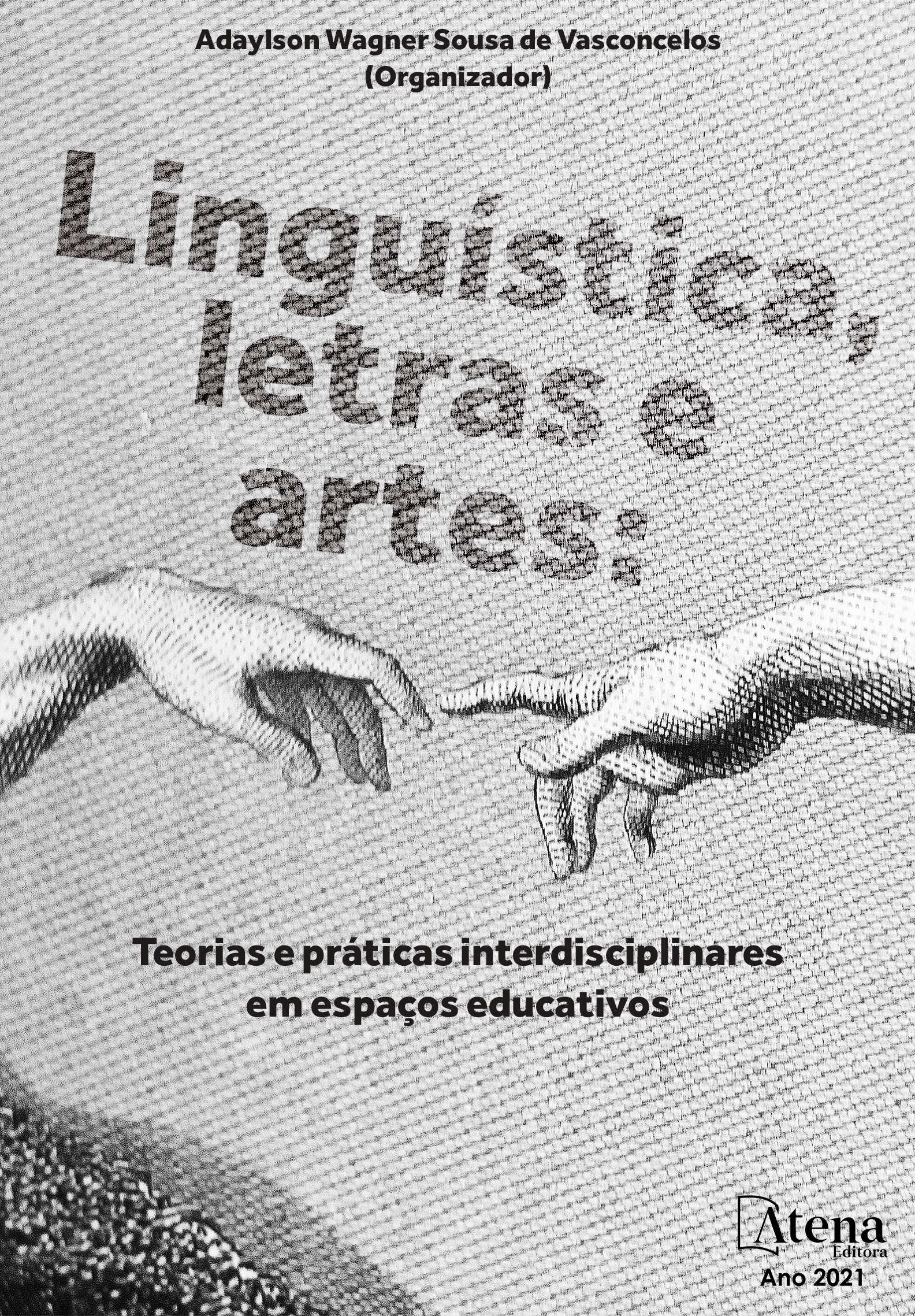
ASSUJEITAMENTOS DISCURSIVOS E EDUCAÇÃO ESCOLAR INDÍGENA: ENTRE CANIBAL PRÓSPERO
Este trabalho tem como objetivo identificar a eficácia o processo de assujeitamento por meio da ideológica dos interdiscursos (Pêcheux, 1997) sobre educação escolar indígena presentes nos discursos (Pêcheux, 2002) materializados por meio de redações elaboradas por professores indígenas de Dourados/MS/Brasil , os quais participaram do Processo Seletivo para a Licenciatura Intercultural Indígena ocorrido em 2010 ,realizado pela UFGD (Universidade Federal da Grande Dourados).Para tanto utilizamos as concepções de sujeito de Pêcheux, (1997),quando, em "Semântica e Discurso", afirma que o lugar do sujeito não é vazio, sendo preenchido por aquilo que ele designa de forma-sujeito, ou sujeito do saber de uma determinada Formação Discursiva (FD), levando em consideração o contexto discursivo, a situação histórico-social em que se deu a produção dos textos , as ideias de poder e resistência advindas de Foucault(1979) e a identidade desses professores, como sendo representação imaginária, instaurada na memória discursiva( Pêcheux,1999), pois para os povos indígenas a questão da identidade é algo forte e se mescla com cultura, com tradição dos povos, com preservação da língua de berço, mas , também, com o desejo de acessar a “outra língua”, a segunda língua, que é a língua portuguesa , o que faz com que a identidade desse “eu”se estabeleça de forma complexa linguisticamente.
ASSUJEITAMENTOS DISCURSIVOS E EDUCAÇÃO ESCOLAR INDÍGENA: ENTRE CANIBAL PRÓSPERO
-
DOI: 10.22533/at.ed.95221200919
-
Palavras-chave: educação escolar indígena; assujeitamento; interdiscurso
-
Keywords: indigenous education; identity; interdiscourse.
-
Abstract:
This paper aims to identify the ideological efficacy of the interdiscourses (Pêcheux, 1997) about indigenous school education present in the speeches (Pêcheux, 2002) materialized through essays by indigenous teachers of Dourados / MS / Brazil, who participated in the Selective Process For the Indigenous Intercultural Licentiate (2010), conducted by the UFGD (Federal University of Grande Dourados). For this we use Pêcheux's conceptions of the subject (1997), when, in "Semantics and Discourse", he states that the subject's place is not empty, being filled by what it designates as subject, or subject of knowledge of a given Discursive Formation (FD), taking into account the discursive context, the historical-social situation in which the texts were produced, the ideas of power and resistance stemming from Foucault (1979) and the identity of these teachers, as imaginary representation, established in the discursive memory (Pêcheux, 1999), because for indigenous people the question of identity is something strong and mixed with culture, folks tradition, preservation of the native tongue, but also with the desire to access "Another language", the second language, which is the Portuguese language, which makes the identity of this "I" establish in a linguistically complex way.
-
Número de páginas: 18
- Alexandra Aparecida de Araújo Figueiredo
- Nara Maria Fiel de Quevedo Sgarbi


